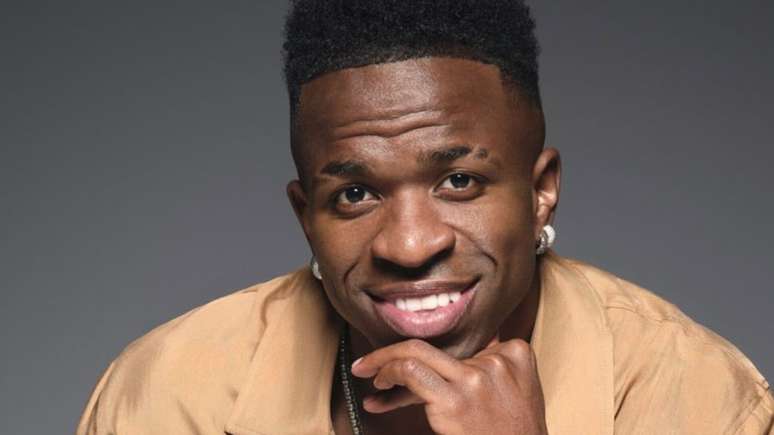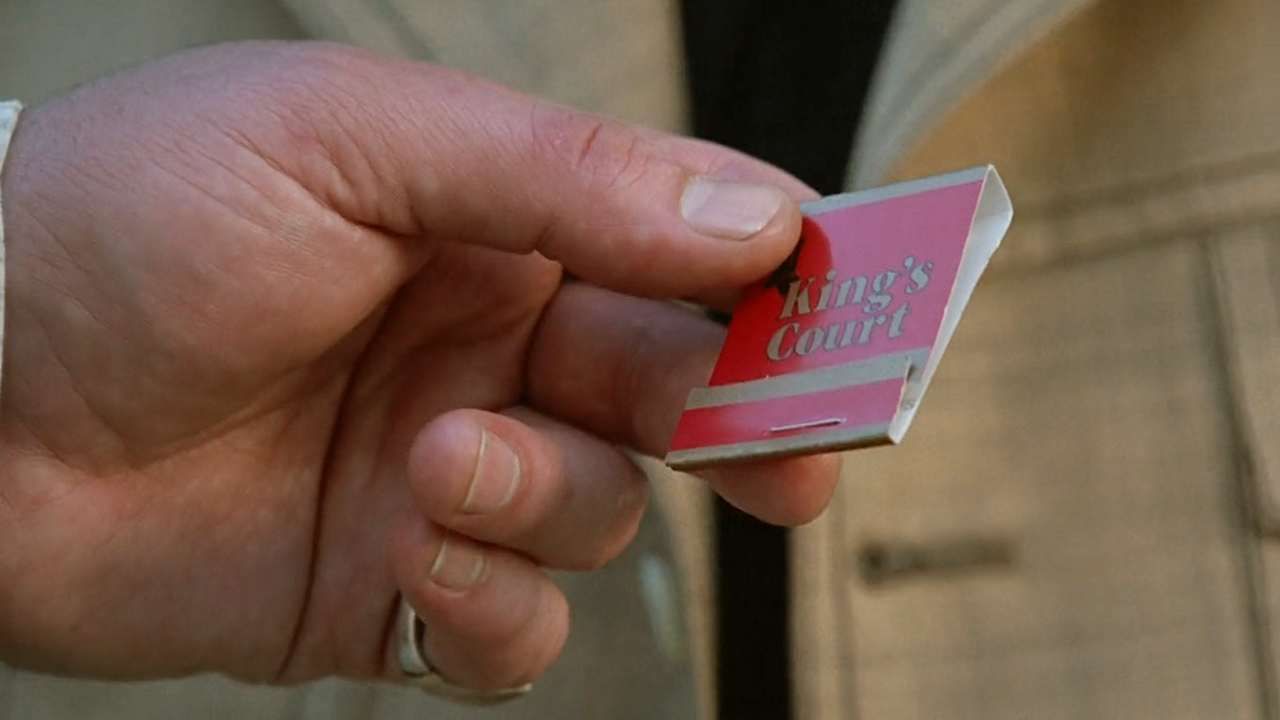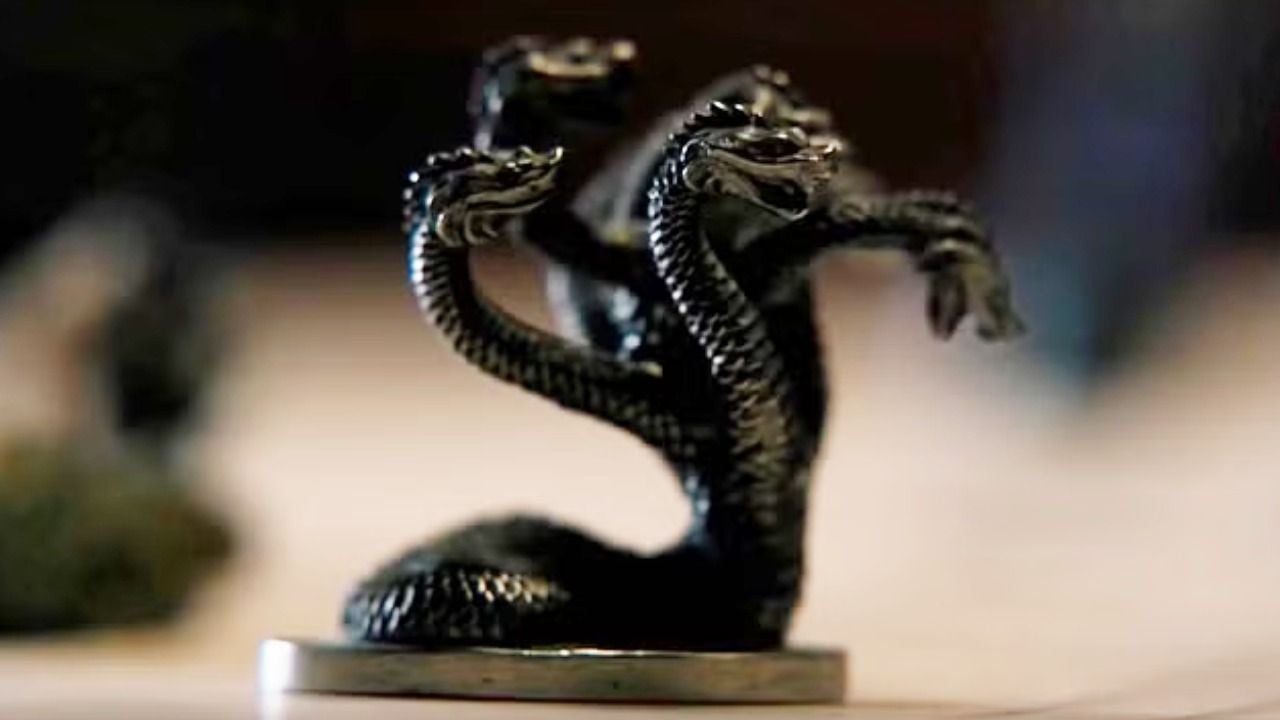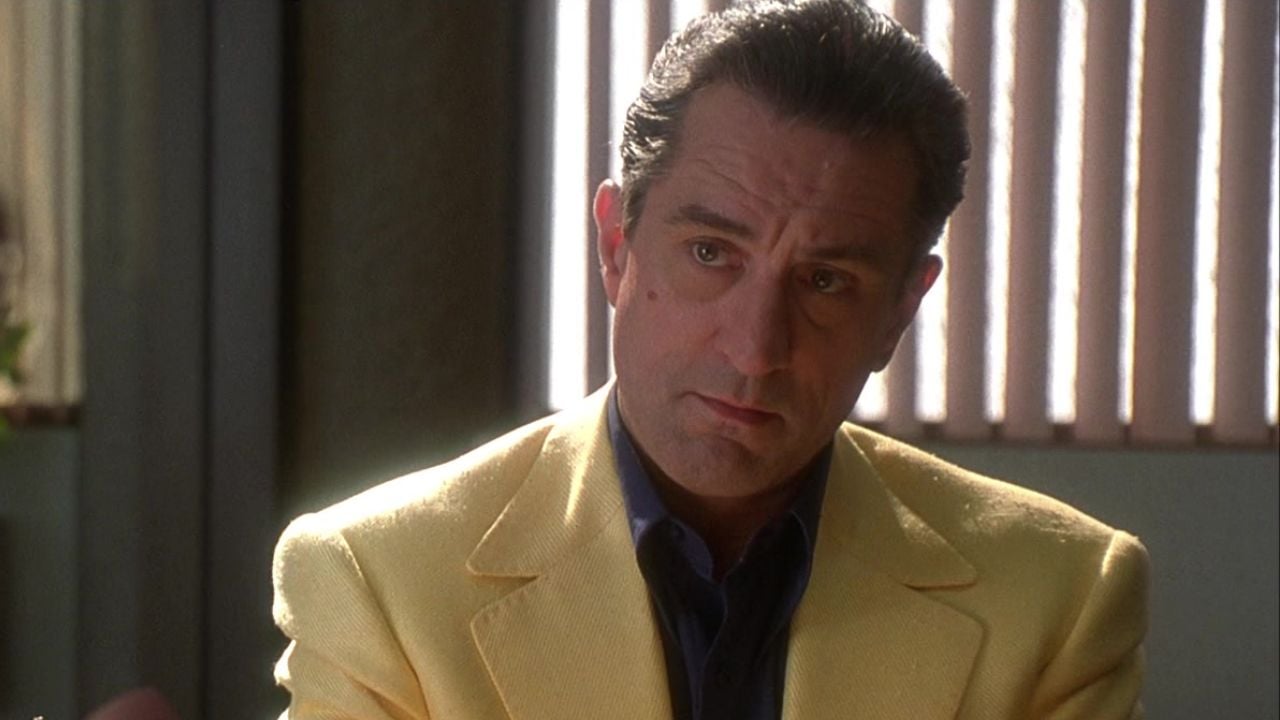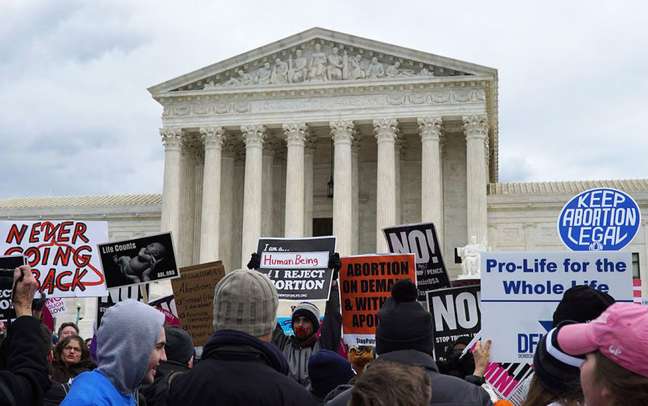
The Supreme Court of the United States this Friday (24/6) overturned the historic 1973 “Roe x Wade” case, considered the legal point of reference that established the right to legal abortion in the country.
The decision doesn’t ban abortion in the United States, but it does change the limits on how far states can go. The verdict authorizes US states to have more restrictive laws against women’s decisions to terminate a pregnancy. Conservative governments can now impose severe limits to make it difficult and even prevent women from accessing the health system to have abortions.
Hollywood artists and celebrities reacted to the decision on social media.
Singer Taylor Swift tweeted: “I am absolutely terrified that we have come this far – that after so many decades of people fighting for women’s rights to their bodies, today’s decision has taken it away from us. “.
Singer and actor Harry Styles called the decision “a truly dark day for America”.
“It is truly unfathomable and disheartening to have to try to explain to my 11-year-old daughter why we live in a world where women’s rights are disintegrating before our eyes,” lamented singer Mariah Carey.
“This Supreme Court is an absolute disaster. From giving people the right to bear arms to deprivation of women’s rights to autonomy over their own bodies. We weren’t exaggerating when we saw it coming,” said actress Patricia Arquette. .
“Everyone has a gun, but no one has body autonomy. America,” summed up actress Elizabeth Banks.
“Ready to make birth control and same-sex relationships disappear as well?” asked host Jimmy Kimmel.
“Get ready gay, you’re next,” star Bette Midler warned.
But there were also right-wing male artists celebrating. Kevin Sorbo, who was once Hercules and now makes evangelical films, was one of them. “Life has won,” he tweeted him, without elaborating.
While not publicly commenting on the decision, Hollywood studios have expressed concern and interest in protecting their employees by offering them health benefits including travel to abort where permitted if necessary.
A spokesperson for Warner Bros. Discovery said the company is “committed to providing employees across the country with access to consistent and comprehensive health services. In light of the recent Supreme Court ruling, we have immediately expanded our care options. health care to cover transport costs for employees and their families who need to travel to access abortion and reproductive care “.
Paramount, through Bob Bakish, the company’s chief executive, said it “will support – as we always have – the choices our employees make about their health care.” The company has pledged to offer “certain travel expenses if the health plan does not cover services, such as abortion, as they are prohibited in your area.”
Disney executives have also communicated directly with their teams, providing quality and affordable assistance to all employees, no matter where they live.
Netflix noted that it already offers transportation reimbursement coverage for full-time U.S. employees, including dependents who must travel for cancer treatment, transplants, gender affirmation, or abortion.
NBC Universal parent Comcast declined to comment, but Deadline learned that the company offers an employee travel benefit that includes all medical services and procedures not available near an employee’s home.
Finally, Sony shared with all US employees that its medical plans through Aetna provide comprehensive assistance, including travel reimbursement, if needed, to access available services.
Understand the “Roe x Wade” case
In 1969, Norma McCorvey, then a 25-year-old single woman, decided to challenge the anti-abortion laws of the state of Texas in court, using the pseudonym “Jane Roe”. Also claiming she was raped, she was not granted the right to have an abortion and was forced to give birth.
Defending the anti-abortion law was Henry Wade, Dallas County District Attorney, hence the case name “Roe v Wade”.
Four years later, in 1973, the case went to the United States Supreme Court and was heard alongside that of another Georgia woman, 20-year-old Sandra Bensing.
Eventually, by seven to two votes, the judges ruled that governments should not have the power to ban abortion and that women have the right to terminate a pregnancy. The decision initiated abortion regulation in the country, in a system in which women had the full right to abortion in the first three months of pregnancy.
According to the Center for Reproductive Rights, the expectation is that after reviewing this decision, abortion will remain accessible in 25 states and will likely be banned in another 22, as well as 3 territories.
Everyone takes a gun but no one gains body autonomy. America.
– Elizabeth Banks (@ElizabethBanks) June 24, 2022
This Supreme Court is a real disaster. From giving people the right to bear arms to revoking women’s autonomy rights over their own bodies. We weren’t reactive, we saw it coming.
– Patricia Arquette (@PattyArquette) June 24, 2022
It is truly unfathomable and disheartening to have to try to explain to my 11 year old daughter why we live in a world where women’s rights are disintegrating before our very eyes.
– Mariah Carey (@Mariah Carey) June 24, 2022
I am absolutely devastated for the American people today.
Check your friends.
Take care of each other.
We are all involved together and the fight has just begun.
A really dark day for America.
– Harry Styles. (@Harry_Styles) June 24, 2022
Life wins.
– Kevin Sorbo (@ksorbs) June 24, 2022
Supreme Court my ass
– Danny DeVito (@DannyDeVito) June 24, 2022
GET READY, GAY. YOU’RE NEXT.
—Bettemidler (@BetteMidler) June 24, 2022
Source: Terra
Camila Luna is a writer at Gossipify, where she covers the latest movies and television series. With a passion for all things entertainment, Camila brings her unique perspective to her writing and offers readers an inside look at the industry. Camila is a graduate from the University of California, Los Angeles (UCLA) with a degree in English and is also a avid movie watcher.

